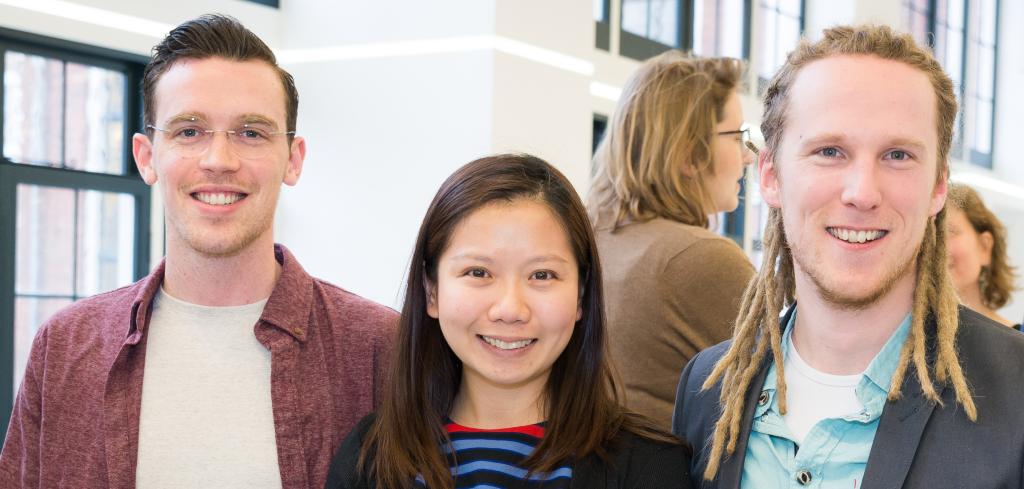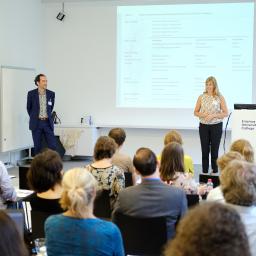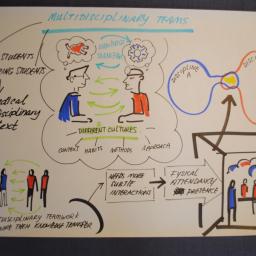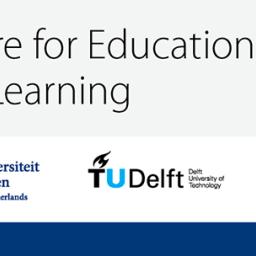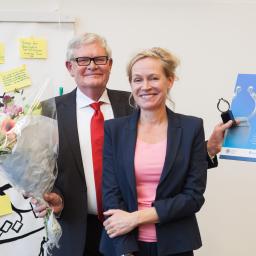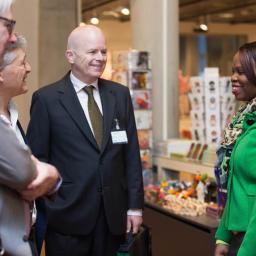The first MOOCs (Massive Open Online Courses) were launched to great anticipation in 2011. All people, all over the world, would now have free access to university education. Within the universities, classroom and online education would supplement and reinforce each another perfectly. Since then, tens of millions of people have enrolled for a MOOC.
MOOCs are a new phenomenon and research in this area is still in its infancy. With their multidisciplinary experimental research into open online education, in which they are using the huge quantities of data delivered by MOOCs, the scientists at the LDE Centre for Education and Learning are engaged in pioneering work.
But how does open online education work? Is it subject to the same educational principles and general rules that have been developed for traditional education? How do you organise online education in an optimal way? How do you ensure that students learn as much as possible? And how do you prevent someone from embarking enthusiastically on a MOOC, only to drop out a short while later?
Their objective is to improve the quality and accessibility of open online education step by step, starting with the online teaching provided by their own universities.
Research programme 'Student engagement and achievement in open online higher education'
We interviewed Jacqueline Wong, Daniel Davis and Tim van der Zee, all three of whom are doctoral candidates at the Centre for Education and Learning, within the centre's research programme entitled 'Student engagement and achievement in open online higher education'.
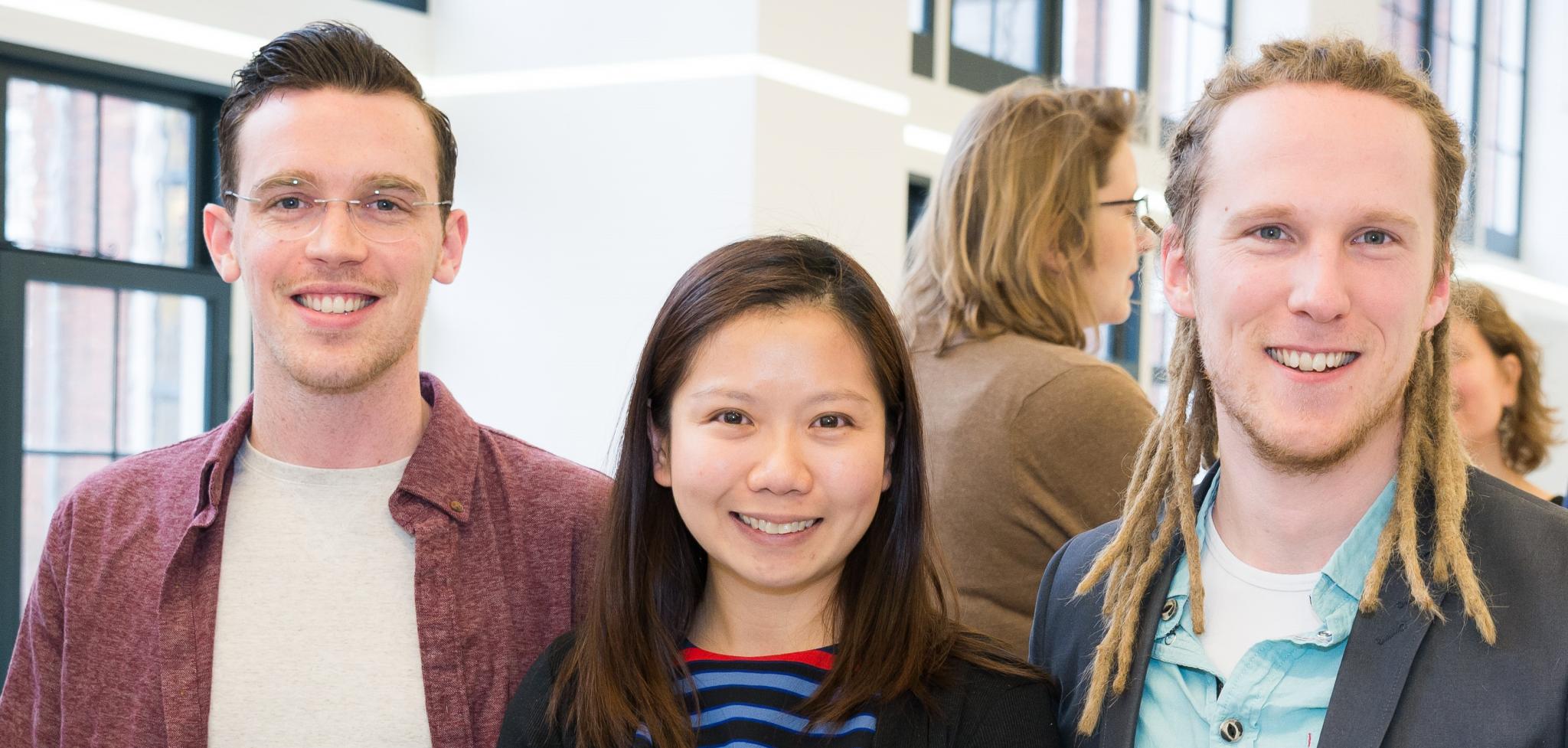
Jacqueline Wong: the optimal learning style for MOOCs
Jacqueline Wong is undertaking research into self-regulated learning in MOOCs: how do students develop an optimal learning style and learning conditions, and to what extent do they reflect on their own study behaviour?
This is usually something that people don’t do particularly well, says Wong. And in the context of a MOOC – which is free, done alongside your daily activities, and doesn’t involve attending live classes with a lecturer and fellow students to keep you on track – it proves even more difficult.
On the other hand, all kinds of instruments can be built into MOOCs to help students with self-regulated learning. But how substantiated are they, and do they really work? And which approach fits which type of student?
In order to gain more insight into this, Wong is currently integrating experiments into three MOOCs taught by Erasmus University Rotterdam. Her results can be used to make MOOCs even more effective.
Jacqueline Wong is conducting her doctoral research at the department of Psychology, Education and Child Studies at Erasmus University Rotterdam.
Daniel Davis: personalised interventions
Of the three doctoral students, Daniel Davis has the strongest background in programming. He designs interventions in MOOCs to help students study more successfully. He started out, though, by investigating whether students actually follow the set path with which the MOOC platform Edx, which TU Delft uses for its MOOCs, attempts to steer learners through a MOOC. The findings proved quite disappointing.
When designing interventions, Daniel also takes MOOC students’ learning objectives into account, as these can vary significantly. Some students want to complete an entire MOOC, while others may only be interested in a few modules. In this way, he can make personalised interventions.
Daniel Davis is affiliated with the Web Information Systems Group of the faculty of Electrical Engineering, Mathematics and Computer Science at TU Delft.
Tim van der Zee: accessible videos
Tim van der Zee is conducting doctoral research on the quality and accessibility of videos used in open online education such as Massive Open Online Courses (MOOCs).
A large segment of the MOOC target group, for example, does not speak English. Tim discovered that this language problem does indeed have a negative impact on the accessibility of MOOCs, but that the problem is not solved by the use of subtitles.
He also looked at the complexity of videos, finding that a high level of complexity has a negative impact on the learning process.
Tim is preparing his doctorate at the Leiden University Graduate School of Teaching (ICLON).
Leiden, Delft and Erasmus MOOCs
MOOCs van de Universiteit Leiden, de Technische Universiteit Delft en de Erasmus Universiteit vormen een proeftuin voor het onderzoek van het Centre for Education and Learning. Lees hier over het open online onderwijs van onze drie universiteiten:
Universiteit Leiden MOOCs
Technische Universiteit Delft MOOCs
Erasmus Universiteit Rotterdam MOOCs
The three interviews were conducted by Jasper Meeuwissen, who was himself an LDE trainee at the CEL and is now studying to become a newspaper journalist at Erasmus University Rotterdam.
The Leiden-Delft-Erasmus Center for Education and Learning is an inter-university and interdisciplinary research centre as well as an innovation and training platform focusing on university teaching and learning.
Centre for Education and Learning

